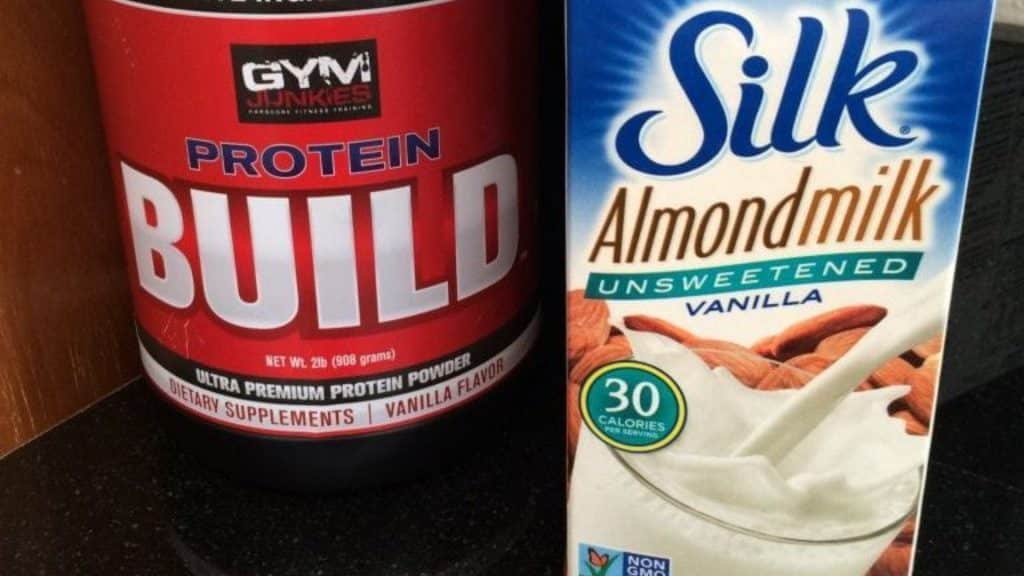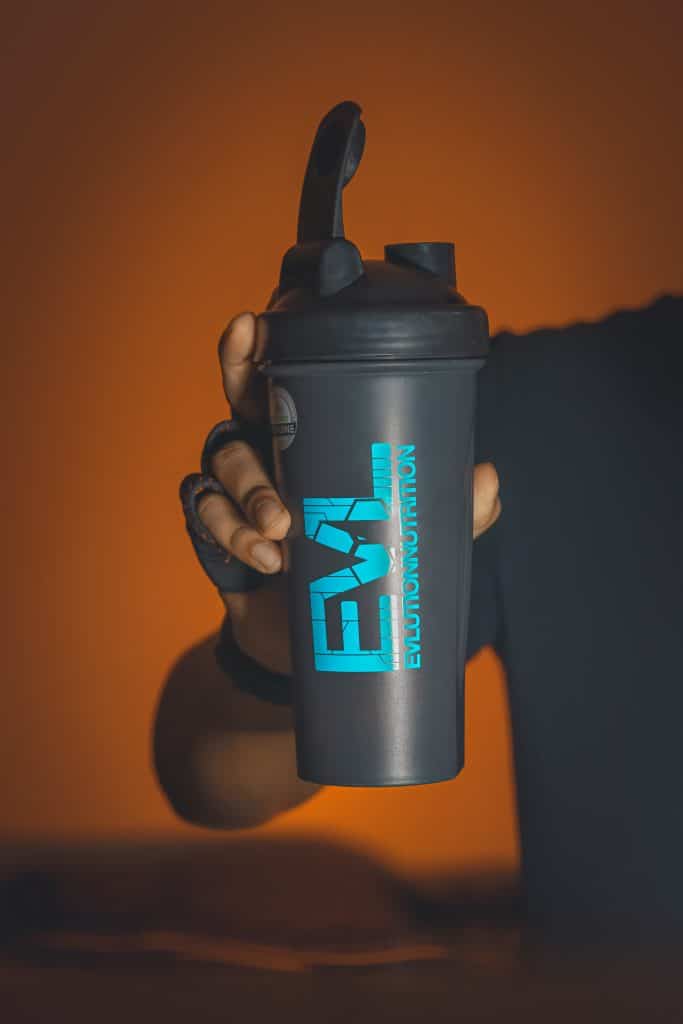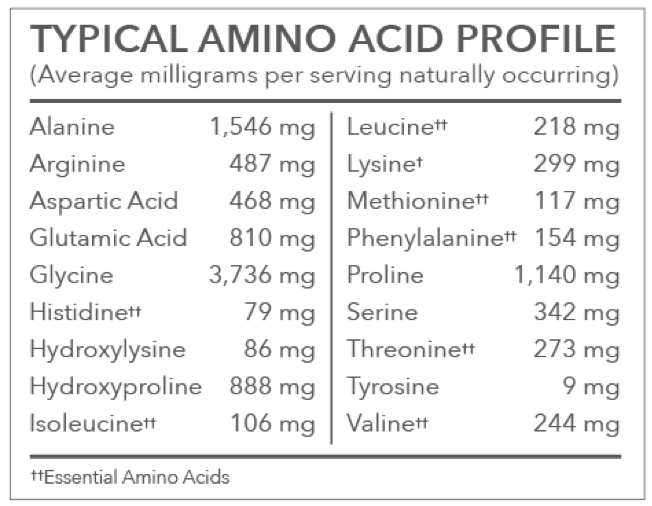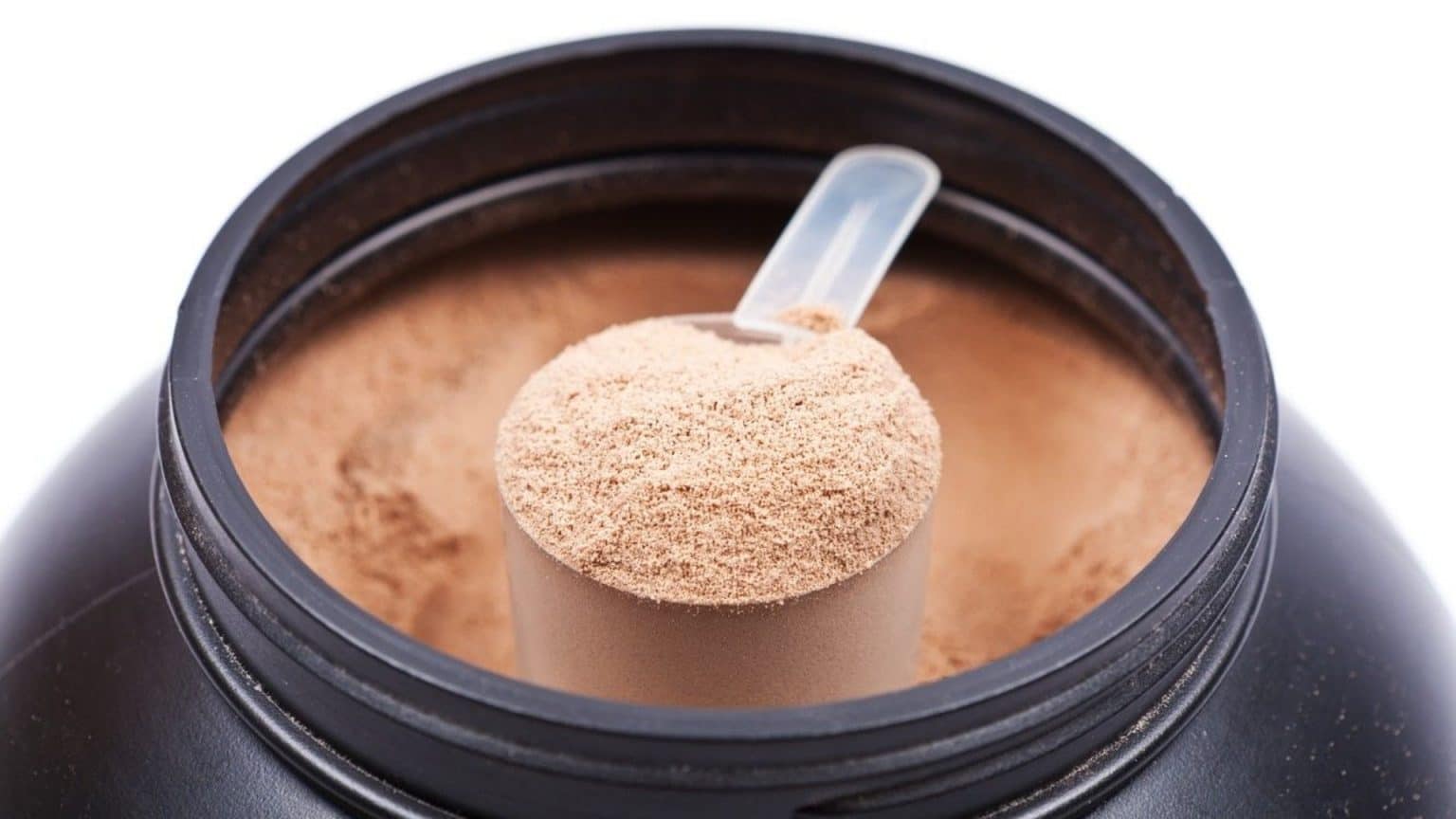UPDATED: May 09, 2023
Protein powders are a fantastic way to increase your daily protein intake, whether you're an athlete looking to build muscle or just someone looking to improve your overall health and fitness. With so many options on the market, choosing protein powder that suits your dietary needs can be overwhelming. In this article, we'll break down the different types of protein powders and their benefits, how to assess your dietary needs and goals, and what to look for when evaluating protein powder ingredients.
Understanding Different Types of Protein Powders
Protein powders have become a popular supplement for athletes, fitness enthusiasts, and people looking to increase their protein intake. With so many options available, it can be overwhelming to decide which type of protein powder is best for you. In this article, we'll explore the different types of protein powders and their benefits.
Whey Protein
Whey protein is one of the most popular types of protein powder, derived from milk during the cheese-making process. It's high in essential amino acids and digests quickly, making it a great option for post-workout recovery. Whey protein is also relatively inexpensive compared to other types of protein powders.
But did you know that whey protein also has immune-boosting properties? Research has shown that whey protein can help to increase levels of glutathione, an antioxidant that plays a key role in immune function. So not only can whey protein help with muscle recovery, but it can also support overall health.

Casein Protein
Casein protein is another type of milk-derived protein powder, but it digests more slowly than whey. It's often taken before bed to provide a slow release of protein throughout the night. Casein protein is also a good option for meal replacement or as part of a weight loss program, as it helps to keep you feeling full for longer.
But did you know that casein protein has been shown to have dental benefits? Research has found that casein protein can help to prevent tooth decay by reducing the amount of acid produced by bacteria in the mouth. So not only can casein protein help with weight loss and muscle recovery, but it can also promote dental health.
Soy Protein
Soy protein is a plant-based protein powder derived from soybeans. It's a good option for vegetarians and vegans, and has been shown to have similar muscle-building benefits to whey protein. However, some people may be sensitive to soy, so it's important to check for any allergens or intolerance before deciding on this option.
But did you know that soy protein may also have cardiovascular benefits? Research has found that soy protein can help to lower cholesterol levels and improve heart health. So not only can soy protein help with muscle building, but it can also support overall heart health.
Pea Protein
Pea protein is another plant-based option, derived from yellow split peas. It's rich in essential amino acids and has been shown to have similar muscle-building benefits to whey protein. Pea protein is also hypoallergenic, making it a great option for people with food sensitivities or allergies.
But did you know that pea protein may also have anti-inflammatory benefits? Research has found that pea protein can help to reduce inflammation in the body, which can be beneficial for people with conditions such as arthritis. So not only can pea protein help with muscle building, but it can also support overall joint health.
Rice Protein
Rice protein powder is another plant-based option, derived from brown rice. It's also hypoallergenic and a good option for people with food sensitivities or allergies. However, it's not as high in some essential amino acids as other types of protein powders, so it may not be the best option for solely muscle-building goals.
But did you know that rice protein may also have antioxidant benefits? Research has found that rice protein can help to reduce oxidative stress in the body, which can contribute to overall health and wellness. So while rice protein may not be the best option for muscle building, it can still provide valuable health benefits.
Hemp Protein
Hemp protein powder is a plant-based option derived from hemp seeds. It's high in essential fatty acids and has been shown to have anti-inflammatory benefits. Hemp protein is also a good option for people with food sensitivities or allergies, as it's hypoallergenic.
But did you know that hemp protein may also have mental health benefits? Research has found that hemp protein can help to reduce symptoms of anxiety and depression. So not only can hemp protein help with muscle recovery and overall health, but it can also support mental wellness.
Blended Protein Powders
Blended protein powders combine different types of protein, such as whey and casein, for a balanced and gradual release of protein. They're a good option for people who want the benefits of multiple types of protein powders.
But did you know that blended protein powders may also have digestive benefits? Research has found that combining different types of protein can help to improve digestion and absorption, which can be beneficial for people with digestive issues. So not only can blended protein powders help with muscle recovery and overall health, but they can also support digestive wellness.
Choosing protein powder involves evaluating various options, each with unique benefits. It's essential to consider your individual goals, food sensitivities, or allergies when making a selection. By picking the right protein powder for your needs, you can support muscle recovery, overall health, and wellness.
Top Recommendations: 3 Best Whey Protein Powders in 2023
Narrow down your options by checking out our top recommendations for the 3 Best Whey Protein Powders for 2023 here!
Assessing Your Dietary Needs and Goals When Choosing a Protein Powder
Protein powders have become increasingly popular in recent years, as they provide a convenient and easy way to meet your daily protein needs. However, with so many options available, it can be difficult to know which protein powder is right for you. In this article, we'll explore the different types of protein powders and which ones are best suited for your specific goals and needs.
Weight Loss
If your goal is weight loss, a protein powder that's high in protein and low in calories is key. While protein is important for maintaining muscle mass and keeping you feeling full, excess calories can hinder your weight loss progress. Look for powders that have at least 20 grams of protein per serving and no more than 150 calories. Ingredients like added sugars and artificial sweeteners should also be avoided, as they can add unnecessary calories and potentially harm your health. Instead, opt for natural sweeteners like stevia or monk fruit.
In addition to choosing the right protein powder, it's also important to incorporate other healthy habits into your weight loss journey. This can include regular exercise, a balanced diet with plenty of fruits and vegetables, and adequate sleep.

Muscle Building
If your goal is muscle building, a protein powder that's high in essential amino acids and fast-digesting is important. Essential amino acids are the building blocks of muscle tissue, and fast-digesting proteins like whey protein can help stimulate muscle protein synthesis after a workout. Look for powders that have a high percentage of protein per serving, with at least 25 grams per scoop.
It's also important to consume protein powder in conjunction with a balanced diet that includes plenty of whole foods like lean meats, eggs, and legumes. Resistance training is also crucial for building muscle mass, as it creates the stimulus necessary for muscle growth.
Meal Replacement
If you're using protein powder as a meal replacement, look for powders that have a balance of protein, carbs, and healthy fats. This can help keep you feeling full and satisfied, while also providing your body with the nutrients it needs to function properly. Ingredients like fiber and vitamins can also provide added benefits, such as improved digestion and immune function.
However, it's important to note that relying solely on protein powder as a meal replacement is not recommended. Whole foods like fruits, vegetables, and whole grains provide a wider range of nutrients and fiber that are important for overall health and well-being.
General Health and Wellness
For overall health and wellness, a protein powder that's high in protein and low in added sugars and artificial sweeteners is important. Look for powders with natural ingredients and minimal additives, as these are often the most nutritious and beneficial for your body. Plant-based protein powders like pea protein or brown rice protein can also be a good option for those with dietary restrictions or preferences.
It's important to remember that protein powder should not be used as a replacement for whole foods, but rather as a supplement to a healthy and balanced diet. By incorporating protein powder into your daily routine, you can help support your health and fitness goals and achieve optimal well-being.
Evaluating Protein Powder Ingredients When Choosing a Protein Powder
Protein powders have become increasingly popular in recent years, as more and more people are looking for convenient ways to increase their protein intake. With so many different types of protein powders on the market, it can be difficult to know which one to choose. In this article, we'll take a closer look at some of the key factors to consider when evaluating protein powder ingredients.
Protein Content
The protein content of a powder is important, as you want to ensure that you're getting enough protein for your dietary needs and goals. Protein is essential for building and repairing tissues in the body, and it can also help to promote feelings of fullness and satiety. Look for powders with at least 20 grams of protein per serving.
It's also important to consider the source of the protein. Some powders are made from animal sources, such as whey or casein, while others are made from plant sources, such as pea or soy. Different sources of protein may have different effects on the body, so it's worth doing some research to find the best option for you.

Amino Acid Profile
The amino acid profile of a protein powder can vary depending on the source of the protein. Amino acids are the building blocks of protein, and there are 20 different types that the body needs for various functions. Look for powders that are high in essential amino acids, which can't be produced by the body and must be obtained through diet.
Some protein powders may also contain non-essential amino acids, which the body can produce on its own. While these amino acids may not be as crucial as essential amino acids, they can still provide some benefits.
Top Recommendations: 3 Best Whey Protein Powders in 2023
Narrow down your options by checking out our top recommendations for the 3 Best Whey Protein Powders for 2023 here!
Added Sugars and Artificial Sweeteners
Added sugars and artificial sweeteners can negate the health benefits of a protein powder. Look for powders with natural sweeteners like stevia or monk fruit, or those that have no added sugars or artificial sweeteners at all. Some powders may also contain sugar alcohols, which can cause digestive issues in some people.
If you're looking for a protein powder to use as a meal replacement or snack, it's important to consider the overall nutritional value. Look for powders that are low in sugar and high in fiber, vitamins, and minerals.
Fillers and Additives
Some protein powders may contain fillers and additives that can be harmful or unnecessary. Look for powders with minimal ingredients and no fillers or additives. Common fillers and additives include artificial flavors, colors, and preservatives.
It's also worth noting that some powders may contain additional ingredients, such as caffeine or creatine, which can provide additional benefits for certain individuals. However, it's important to consider the potential risks and benefits of these ingredients before incorporating them into your diet.
Allergens and Dietary Restrictions
If you have food sensitivities or allergies, it's important to check the ingredients list carefully before choosing a protein powder. Look for powders that are free of common allergens like gluten, soy, and dairy. Some powders may also be vegan or vegetarian-friendly.
It's also worth considering any other dietary restrictions or preferences you may have. For example, if you follow a ketogenic diet, you may want to look for a protein powder that is low in carbohydrates.
Choosing the right protein powder for your dietary needs can be overwhelming, but by understanding the different types of protein powders and your goals and dietary needs, you can make an informed decision. Remember to evaluate the protein powder's ingredients carefully and choose powders with natural ingredients and minimal additives for optimal health and wellness.
Transform Your Fitness Routine: 2023's Top Low Carb Proteins
Upgrade your fitness game with the Best Low Carb Protein 2023 choices! Check out Best Stuff for Girls to find your perfect match!





